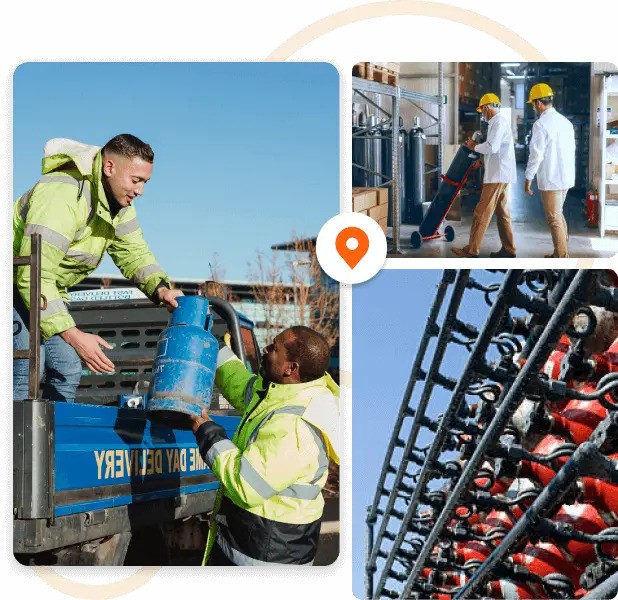Boosting Your Propane Customer Base: Key Strategies
Growing your propane customer base is crucial for expanding your business and increasing revenue. Here are some effective strategies to attract new customers and retain existing ones without incurring major expenses. Understand Your Market The first step in expanding your customer base is understanding your target market. Identify the types of customers who are most… Continue reading Boosting Your Propane Customer Base: Key Strategies
Growing your propane customer base is crucial for expanding your business and increasing revenue. Here are some effective strategies to attract new customers and retain existing ones without incurring major expenses.
Understand Your Market
The first step in expanding your customer base is understanding your target market. Identify the types of customers who are most likely to benefit from propane, such as residential, commercial, agricultural, or industrial users. Tailor your marketing efforts to each segment to ensure your message resonates with their specific needs and preferences.
Offer Competitive Pricing
Competitive pricing is a powerful way to attract new customers. Research your competitors’ pricing and find ways to offer better rates or added value. Consider offering introductory discounts or special promotions to entice new customers to try your services. Transparent pricing with no hidden fees will also build trust and encourage long-term relationships.
Enhance Customer Service
Providing excellent customer service can set your business apart from competitors and foster customer loyalty. Train your staff to handle inquiries promptly and professionally, and ensure they have the knowledge to answer any questions about propane products and services. Encourage feedback and address any concerns to show customers that their satisfaction is a top priority.
Expand Service Offerings
Expanding your service offerings can help you reach a wider audience. Consider adding services such as propane tank installation, maintenance, and delivery to make your business a one-stop shop for customers’ propane needs. Offering bundled services at a discounted rate can also attract budget conscious customers.
Implement a Referral Program
Word of mouth is a powerful marketing tool, and a referral program can encourage your existing customers to spread the word about your business. Offer incentives, such as discounts or free services, to customers who refer new clients to you. Make it easy for them to refer friends and family by providing referral cards or a simple online process.
Use Digital Marketing
In today’s digital age, having an online presence is essential for reaching new customers. Create a user-friendly website that provides information about your services, pricing, and contact details. Utilize social media platforms to engage with potential customers and share informative content about the benefits of propane. Consider running targeted online ads to reach specific demographics in your area.
Partner with Local Businesses
Partnering with local businesses can help you tap into new customer bases. Collaborate with companies that complement your services, such as home builders, HVAC contractors, or landscaping companies, to offer joint promotions or packages. These partnerships can introduce your services to new audiences and create mutually beneficial relationships.
Attend Community Events
Participating in local events and trade shows can increase your visibility and help you connect with potential customers. Set up a booth to showcase your products and services, and offer promotional materials like brochures or branded merchandise. Engaging with the community face-to-face can leave a lasting impression and generate new leads.
Focus on Retention
While attracting new customers is important, retaining existing ones is equally essential for long-term success. Regularly communicate with your customers through newsletters or emails to keep them informed about new offerings and promotions. Implement loyalty programs to reward repeat business and encourage customers to continue using your services.
Expanding your propane customer base requires a combination of strategic marketing, excellent customer service, and community engagement. By understanding your market and leveraging these strategies, you can attract new customers and build strong relationships with existing ones, ensuring the growth and success of your propane business.




